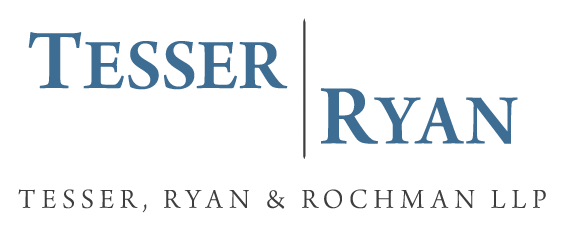Can Your Website Get Your Business Sued?
For a business, compliance with the law is not a one-time item on a checklist, but an ever-evolving pursuit. This is especially true of businesses with a web presence.
Rather than wait for legislatures to adopt updated rules, U.S. courts have taken the position that existing laws can be interpreted to apply to new, digital applications. As the United States Supreme Court has recognized, “[the] Internet’s forces and directions are so new, so protean, and so far reaching that courts must be conscious that what they say today may be obsolete tomorrow.” Packingham v. North Carolina, 127 S.Ct. 1730, 1732 (2017).
The prolific and well-respected Honorable Jack Weinstein of the Eastern District Court of New York recently issued a decision finding that retail websites are subject to the requirements of the Americans with Disabilities Act (ADA). Andrews v. Blick Art Materials, LLC, 2017 WL 3278898 (EDNY 2017).
In this case, a legally blind customer sued Blick Art Materials because their online store was not compatible with reading assistive technologies. After comparing the emerging doctrines of various federal appellate courts, Judge Weinstein determined that a retail website is a “place of public accommodation,” and thus subject to ADA requirements. Id. at 8.
What does this mean for your business?
This decision, albeit only a District Court decision, still is indicative of a trend of courts interpreting past laws to include requirements of businesses on the internet. This is a progression that is evolving as courts and litigants struggle to apply existing law to the rapidly changing realities of today’s business environment.
The precise accommodation, if any, that Blick must provide has not yet been determined; the court announced that it would convene a “Science Day” in mid-October, on which it would hear opinions to educate itself on the availability and feasibility of assistive technologies. Id. at 1, 18. The court will then determine if there is a reasonable accommodation.
This ruling does not prescribe a one-size-fits-all guideline; instead, it acknowledges that the measures necessary to conform to ADA requirements depends on the reasonable capacity of the business.
“What is ‘reasonable’ or too burdensome or a fundamental alteration will vary depending on a plaintiff’s disability and a defendant’s goods, services, accommodations, and resources—a modification that works for a certain plaintiff may not work for all plaintiffs and may not be a reasonable request to make of every defendant.” Id. at 18.
The law and courts will not require a business to implement measures that would be onerous and unreasonable to the business. There is no hard-and-fast rule about what a business must do to make its website compliant with the ADA. It is recommended that business owners seek advice to review their websites and other social media to determine if they comply with the law, including the ADA.
If you operate a business, brick-and-mortar or online, and want the advice of experience business counsel, do not hesitate to call Tesser, Ryan & Rochman, LLP at (212) 754-9000.
